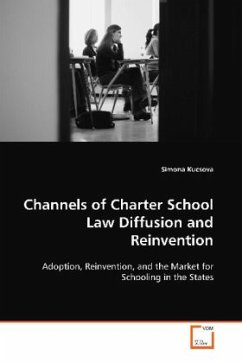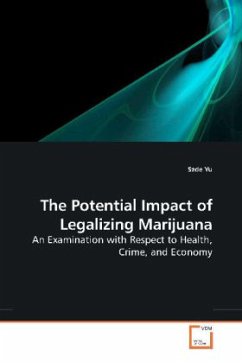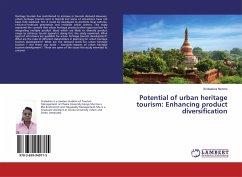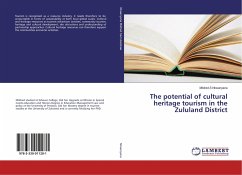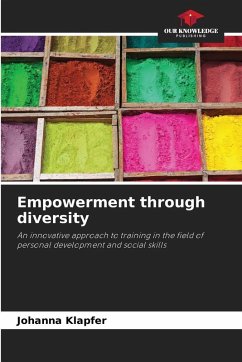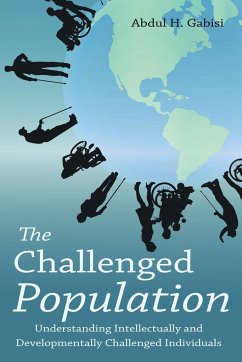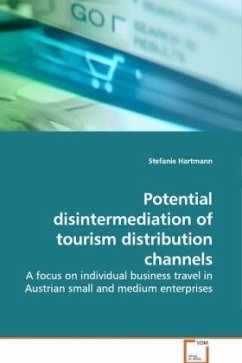
Potential disintermediation of tourism distribution channels
A focus on individual business travel in Austrian small and medium enterprises
Versandkostenfrei!
Versandfertig in 6-10 Tagen
49,00 €
inkl. MwSt.

PAYBACK Punkte
0 °P sammeln!
Over the last decades, different types of tourism distribution mechanisms have evolved. Recently, the emergence of online booking tools, enabled by the evolution of the Internet, has created concerns among traditional tourism intermediaries such as travel agencies. As customers grow increasingly confident in using Internet technologies, there is a high potential for clients to organise their travel completely on their own, threatening to bypass the hitherto used travel agencies. Especially, the corporate travel sector is said to be capable of disintermediating traditional tourism distribution ...
Over the last decades, different types of tourism
distribution mechanisms have evolved. Recently, the
emergence of online booking tools, enabled by the
evolution of the Internet, has created concerns
among traditional tourism intermediaries such as
travel agencies. As customers grow increasingly
confident in using Internet technologies, there is a
high potential for clients to organise their travel
completely on their own, threatening to bypass the
hitherto used travel agencies. Especially, the
corporate travel sector is said to be capable of
disintermediating traditional tourism distribution
channels as mainly standardised information that is
free of emotions is needed for this industry.
This study aims to find out whether the phenomenon
of potential disintermediation of traditional
tourism distribution channels in the business travel
sector can be supported.
distribution mechanisms have evolved. Recently, the
emergence of online booking tools, enabled by the
evolution of the Internet, has created concerns
among traditional tourism intermediaries such as
travel agencies. As customers grow increasingly
confident in using Internet technologies, there is a
high potential for clients to organise their travel
completely on their own, threatening to bypass the
hitherto used travel agencies. Especially, the
corporate travel sector is said to be capable of
disintermediating traditional tourism distribution
channels as mainly standardised information that is
free of emotions is needed for this industry.
This study aims to find out whether the phenomenon
of potential disintermediation of traditional
tourism distribution channels in the business travel
sector can be supported.




